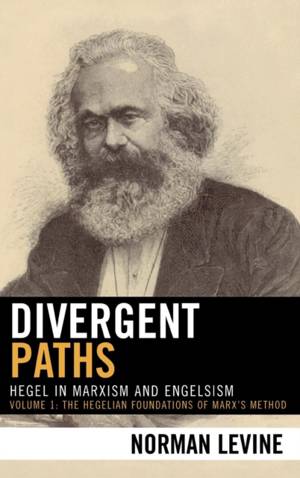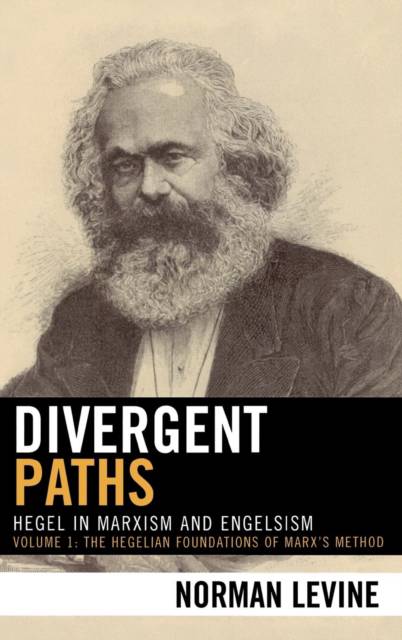
- Afhalen na 1 uur in een winkel met voorraad
- Gratis thuislevering in België vanaf € 30
- Ruim aanbod met 7 miljoen producten
- Afhalen na 1 uur in een winkel met voorraad
- Gratis thuislevering in België vanaf € 30
- Ruim aanbod met 7 miljoen producten
Zoeken
€ 254,45
+ 508 punten
Uitvoering
Omschrijving
Divergent Paths is the first in a series of three volumes that explores the historiography of the relationship between Hegel and Marx; it sets the terms of the relationship between Marx and Engels, and explores the genesis of the theories of Marxism and Engelsism from the late 19th century to the present day. Given the vast pool of contemporary post Marxist theoretical work, a study like this is sorely needed. This is the most thorough exploration of Marx's ideas from Hegel through to the present day and is absolutely essential reading.
Specificaties
Betrokkenen
- Auteur(s):
- Uitgeverij:
Inhoud
- Aantal bladzijden:
- 270
- Taal:
- Engels
Eigenschappen
- Productcode (EAN):
- 9780739110478
- Verschijningsdatum:
- 13/02/2006
- Uitvoering:
- Hardcover
- Formaat:
- Genaaid
- Afmetingen:
- 152 mm x 229 mm
- Gewicht:
- 566 g

Alleen bij Standaard Boekhandel
+ 508 punten op je klantenkaart van Standaard Boekhandel
Beoordelingen
We publiceren alleen reviews die voldoen aan de voorwaarden voor reviews. Bekijk onze voorwaarden voor reviews.







